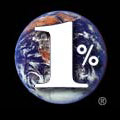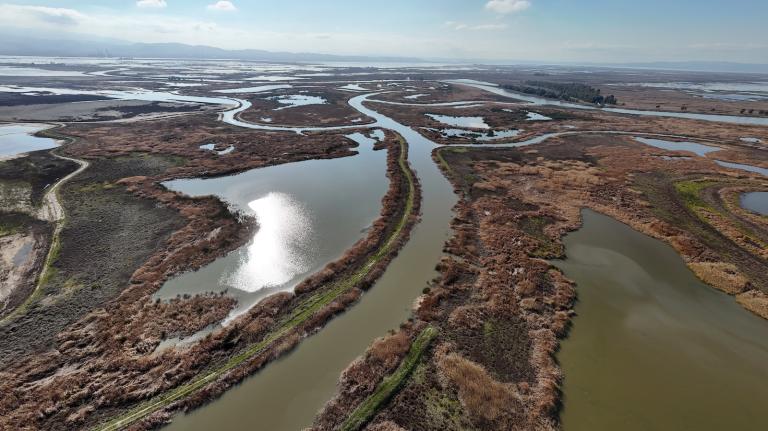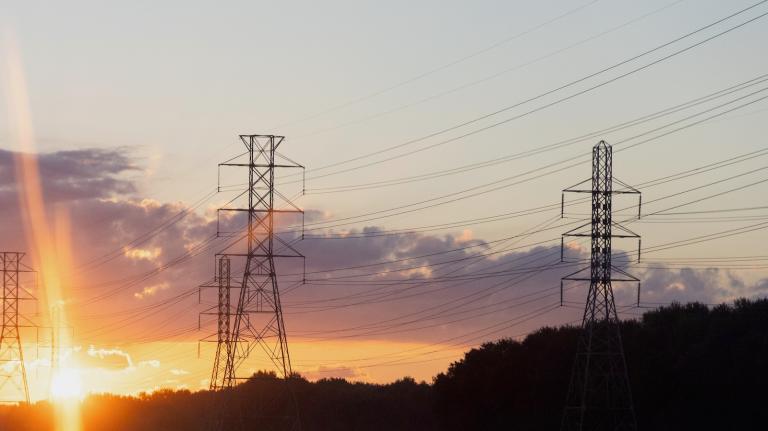
Terry Kellogg.
What work do you do?
I’m the executive director of 1% for the Planet.
What does your organization do? What, in a perfect world, would constitute “mission accomplished”?
1% is a rapidly growing network of companies (more than 200 with a few more every week) that commit to giving at least 1 percent of sales to environmental causes. In a perfect world, we’d motivate every company out there to give back 1 percent. And with 1 percent of global corporate revenue flowing to environmental organizations, there’d never be another bake sale on behalf of an environmental cause.

What long and winding road led you to your current position?
I had some really inspiring teachers in college — a single class with any one of them would have been enough to cement an environmental career.
After school, I followed a two-part passion for advocacy and skiing to Bozeman and joined the Greater Yellowstone Coalition, where I worked on a campaign to stop a gold mine. We won. But I started wondering what contribution I could make by helping companies think differently about their relationship with the environment.
So I got a couple more degrees, tried to help a renewable-energy retailer, and then ended up running Timberland’s environmental stewardship program. We did a ton of great stuff: carbon-footprint reduction (efficiency, renewables, transportation), solvent minimization, organic cotton, green building, supplier and product rating systems, etc. But during my nearly five years at Timberland, we got a total of three inquiries from consumers relating to our environmental practices — two of those were from folks with chemical sensitivities. Companies would do more if they felt like consumers cared.
I left Timberland to run 1% this spring because I think 1% can help inspire more meaningful interaction between businesses and consumers around the issue of environmental commitment.
How many emails are currently in your inbox?
139.
Where were you born? Where do you live now?
I was born in Vermont. I now live in Newburyport, Mass. — it’s a gorgeous town on the water about 30 miles north of Boston.
For the pragmatic environmentalist, what should be the focus — political action designed to change policy, or individual action designed to change lifestyle?
As 1% board chair Yvon Chouinard would say: you’re not going to get meaningful results through politics without first changing companies, and you’re not going to impact companies without getting to consumers.
What’s your environmental vice?
More often than not, two showers a day (a second one to support a lunchtime workout habit).
What are you reading these days?
I have been on a presidential biography streak for a while. I also re-read Yvon’s book Let My People Go Surfing when it came out in October. Looking forward to some Bill McKibben over the holidays.
Which stereotype about environmentalists most fits you?
Hyper-conscious about home heating; in the winter, we wear several layers top and bottom.
What’s your favorite place or ecosystem?
After nearly 10 years away, I was just back in the Greater Yellowstone ecosystem. Seeing wolves descended from the very animals I’d seen reintroduced to the park was incredibly moving and deeply satisfying.
What’s one thing the environmental movement is doing particularly well?
Like a good ecosystem, the organizations (organisms) in this movement are unbelievably diverse in size, focus, and approach.
What’s one thing the environmental movement is doing badly, and how could it be done better?
We need to focus more on getting companies and market forces to work in the right direction. The market isn’t the only answer, but relative to its importance and potential, efforts to move it are under-resourced.
If you could institute by fiat one environmental reform, what would it be?
I’d require detailed eco-labels on every product (like nutrition facts on food). Of course, the label would include a line on percentage of sales going to support environmental causes.
What was your favorite band when you were 18? How about now?
It was U2 — and as I came to better appreciate what they stood for, the attachment grew. If it weren’t for Jack Johnson, the answer now would be the same. (Full disclosure: Jack is 1% member No. 50.) His album In Between Dreams and his tour this summer helped to boost our membership. He’s just the kind of leader this movement needs: an incredibly humble guy who personifies cool and is deeply committed to doing the right thing.
What are you happy about right now?
Parenthood.
If you could have every InterActivist reader do one thing, what would it be?
You’re going to buy some gifts in the next few weeks, right? Check out the list of 1% members. The more you support these companies, the more resources you’ll be channeling to environmental causes. You’re voting every time you buy.


